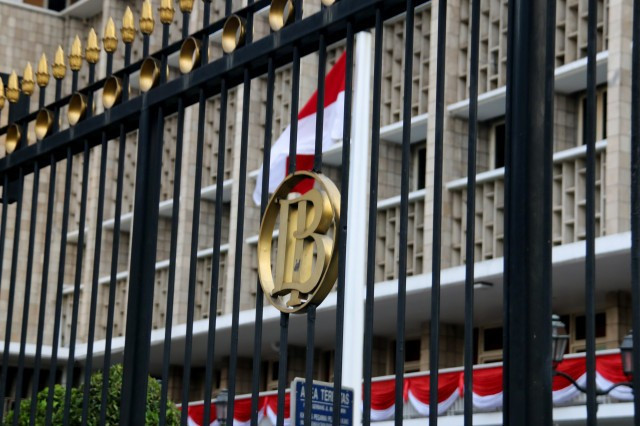News
Proposed P2SK law revision raises questions over BI’s independence
Tenggara Strategics May 6, 2025 Image
Image
A planned revision of the Financial Sector Development and Strengthening Law (P2SK) by Indonesia’s House of Representatives (DPR) may go beyond its original intent, potentially redrawing the central bank’s mandate in ways that could blur the line between fiscal and monetary policy, as well as reignite concerns about Bank Indonesia’s (BI) independence.
The initial push to revise the 2023 P2SK Law was in response to a Constitutional Court ruling earlier this year, which bolstered the operational independence of the Indonesian Deposit Insurance Corporation (LPS). The Court struck down a provision requiring LPS to seek approval from the finance minister for its annual work plan and budget, affirming that such oversight should rest solely with the DPR. The decision aligns with global norms for deposit insurers, emphasizing autonomy, transparency and insulation from political interference.
However, what began as a targeted revision may now be evolving into something much broader. Lawmakers are reportedly considering changes to Bank Indonesia’s legal mandate, specifically the addition of an explicit responsibility for employment creation. Proponents argue this would bring BI in line with the dual or multiple mandates held by central banks in other countries, such as the United States, Thailand, Malaysia and Singapore where both inflation and employment are part of the official remit.
Critics, however, warn that such a shift could erode BI’s hard-won independence. Since post-Asian financial crisis reforms in the early 2000s, BI has operated primarily as an inflation-targeting central bank with a strong emphasis on monetary stability. While coordination with fiscal authorities has increased in recent years, especially during the COVID-19 crisis, the proposed changes risk opening the door to deeper political entanglement in BI’s decision-making.
In practice, BI has already moved beyond its traditional remit. It now operates what it calls a “blended monetary policy,” coordinating with fiscal and real-sector policies to ensure macroeconomic stability. This was evident in its pandemic-era support for the government, notably through large-scale purchases of government bonds in the primary market under a burden-sharing scheme. In 2025 alone, BI will manage Rp 100 trillion (US$6.17 billion) in maturing debt from that program; a liability it has agreed to restructure via a bilateral debt-switching mechanism with the Finance Ministry.
The central bank has also continued intervening in bond markets to stabilize the rupiah, purchasing Rp 80.98 trillion in government securities as of April 22, 2025. It has indicated it could buy up to Rp 150 trillion more, including support for the government’s affordable housing program targeting 3 million homes.
These actions have helped ease fiscal pressure, but they also come with trade-offs. BI now holds around 25 percent of government bonds, marking a sharp increase from the pre-pandemic era when foreign investors held 37–41 percent. This growing exposure risks distorting financial markets, compromising fiscal sustainability and undermining the central bank’s credibility if not matched by a clear, long-term fiscal policy framework.
Supporters of expanding BI’s mandate argue that formalizing its role in employment could improve accountability. Yet critics counter that such a move would only institutionalize a politically fraught balancing act; one where BI is expected to pursue growth while also maintaining inflation and currency stability, often with limited tools and under competing pressures.
As the House prepares to deliberate the P2SK revisions, a key question remains: Will institutional reform strengthen the financial system or risk politicizing the very institutions designed to protect it?
What we've heard
The House’s Commission XI on financial affairs is shifting legislative priorities in response to a recent Constitutional Court (MK) ruling, placing the revision of the Financial Sector Development and Strengthening Law (P2SK) ahead of the Tax Amnesty Law in the 2025 National Legislative Program (Prolegnas).

